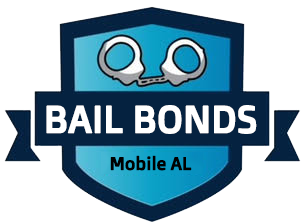
After getting arrested, the charges brought up will usually go into one of two categories. Felonies or misdemeanors and depending on which way the charges go can have a significant impact on what bail options are available to the defendant. Here are some of the key differences between what bail is like for felonies and misdemeanors.
The difference between the charges
The first most important thing to know if misdemeanors are considered lesser charges and with that comes lesser potential sentences. Misdemeanors are charges like petty theft, trespassing or other crimes that are serious but may not be considered as harmful and other potential crimes. Felonies on the other hand are more serious and can come with the potential for years in prison and hefty fines. Felonies can vary widely but they include the most severe crimes such as rape, murder, identity theft, armed robbery and so on.
Felony bonds will always cost more
Bonds by nature tend to be set high since the purpose of the bond is to be expensive enough to make the defendant choose coming back to court as opposed to risking losing the money and fleeing. However, felonies will always be more expensive than misdemeanors because of the severity of the charges. When facing significant potential consequences there is a lot more motivation to avoid court dates which makes for a higher flight risk which in turn means a significant bond, sometimes in the millions is required in exchange for release. Misdemeanors unless there is another reason for a high flight risk, is usually not as expensive.
You sometimes won’t even need bond for a misdemeanor
If a defendant is a first time offender and the charges are relatively minor, then the judge can often be more flexible and potentially offer what is known as personal recognizance. What this means is that the defendant is able to sign a contract with the courts say that they will show to any scheduled court hearings and abide by any bond conditions in exchange for release until the next hearing. By doing this, you are able to be released without having to pay bond but this is only available to misdemeanors and is almost never an option for felonies.
Bonds can be denied for felonies
One of the largest contrasts between felony and misdemeanor bonds is that for the most severe felony charges, a judge may just deny the option of bond completely. When a judge is concerned about the safety of society or even the defendant themselves, they may opt to keep the defendant detained. Some other reasons this might happen is if the defendant has an incredibly high flight risk or the charges are so severe such as terrorism where typically bond is never an option.
To sum up, while both felonies and misdemeanors go through the same system when it comes to bond, the fact that misdemeanors are just lesser charges than felonies will always mean that you will have an easier time with the bond process if you are dealing with misdemeanor charges as opposed to felonies.



